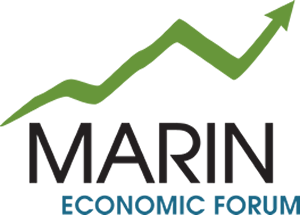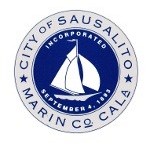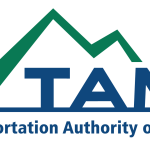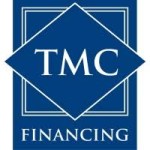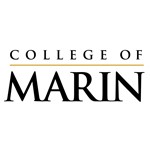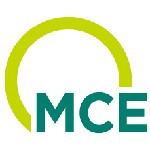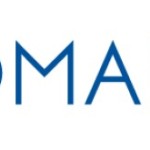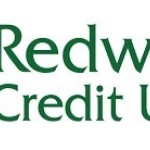7/2024 Blog Topic: Financial literacy might be the most important service to provide in Marin
July 2024
| Talk to any Marin-based, non-profit serving our low to moderate income (LMI) population and they will cite several difficult life challenges that their clients face. These range from the obvious like homelessness, mental illness, unemployment, and others that make some of our fellow residents vulnerable. One of the less visible, but very impactful, challenges is poor financial literacy, which can lead residents to make poor decisions with their limited resources. Financial literacy can best be described as “the ability to understand and use financial skills to make informed decisions about money.” (Investopedia, 2024). Under that definition, it’s more than just our LMI population that might suffer from poor financial literacy, but it may affect this population more acutely. For example, Americans household debt level, which includes credit cards, auto loans, student loans, and mortgages primarily, hit a new record high in June 2024. We do not argue here that debt is a bad thing per se, but we know a greater portion of disposable income among LMI populations goes toward debt service, leaving fewer funds available for other essential needs. For example, one study from the St. Louis Federal Reserve showed that the credit card balances among the lowest income populations in the U.S. are as much as 85% of monthly income. When the Marin Economic Forum held stakeholder focus groups during the development of the “Marin County Economic Vitality Strategic Plan (EVSP)”, the issue of financial well-being and lack of financial literacy training in schools frequently arose as an issue for residents. A greater number of people of color cited this issue specifically in focus groups comprised of residents from Marin City and San Rafael. Accordingly, the EVSP includes an action item to increase access to financial literacy training in Marin, and in languages beyond English. To be clear, there are resources available to our lower income populations, both public and private resources. The Marin County Office of Education hosts several online resources intended to help students in the broader career pursuits. But this requires individuals to seek out and self-instruct, which can be a barrier. Another example is “Sparkpoint”, delivered by Community Action Marin, that provides personal coaching to individuals on such important items as creating budgets, managing debt loads, or learning how to properly file tax returns. There is a consensus within the non-profit community that their clients benefit from the individual attention that their programs provide, otherwise the resources available may not be utilized or understood, as finances can be challenging to understand and manage. Anyone who has found themselves at one time or another under financial strain can probably trace that challenge back to a poor decision or lack of awareness, such as overspending, not understanding the impact of interest rates on debt, or how to save for emergencies. However, these types of issues are more difficult to overcome if you do not understand finance, don’t speak English, or have limited resources to begin with. The Public Policy Institute of California and the James Irvine Foundation did a survey in 2021 asking California residents if they could handle a $1,000 emergency. Almost 30% of respondents with incomes of $40,000 and below said it would be “impossible” or “very difficult.” These respondents and people in the same situation may have had some bad luck along the way but it is a good bet they may not have had the benefit of learning about financial literacy. If we want our fellow Marin residents to enjoy some sense of economic security, financial literacy must be integrated in other training, such as job and life skills. |
| Mike Blakeley, CEO Marin Economic Forum |
Tags: blog
